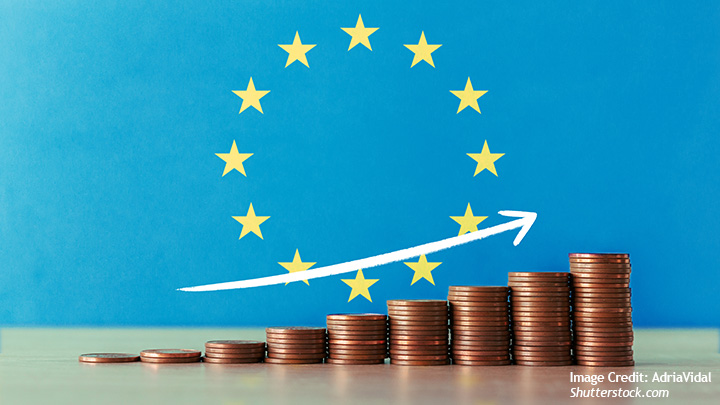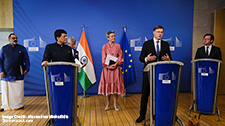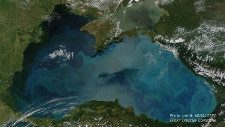European Economic Self-defense in the Face of Authoritarianism

Niklas Swanström
Economic coercion by states has always been present in one form or the other, but the challenges have escalated to an unprecedented level in today’s globalized economy. Most notably, as China’s economy has strengthened its global leverage and Russia has weaponized its energy exports, authoritarian states have increased their coercive capabilities. This has been especially apparent for Europe in its relations with both China and Russia, but also Australia and South Korea, among others, have all experienced extensive economic coercion, according to reports from the Australian Foreign Policy Institute and European Council on Foreign Relations. Norway and Sweden, among several states, have been in the freezer for having the audacity to have opinions on China and have subsequently been targeted with economic sanctions and threats. Most recently, Lithuania has been exposed to Chinese coercion for asserting its sovereign right to make independent decisions on diplomatic matters. Russia has, of course, been utilizing its large deposits of fossil energy as a way of weaponizing its economy, something that has led to robust and necessary responses from the European economies, but also to immediate costs.
Read this piece by Niklas Swanström in CENTRUM BALTICUM.
Related Publications
-
ISDP Annual Report 2023
ISDP’s Annual Report for the year 2023. We look back on 2023, a year in which tensions and conflicts captured the strategic space in ISDP’s focus areas, making headlines around […]
-
The US and EU, and the Emerging Supply Chain Network: Politics, Prospects, and Allies
The Global Supply Chains have evolved from simply logistical achievements to being the bedrock of the global economy. Driven by technological advances and geopolitical shifts, this transformation underscores the critical […]
-
Trade, Connectivity and Supply Chains in EU-India Relations
In the decade and a half since 2007 when the EU and India first started their FTA negotiations, the world economic order has undergone a sea change. During that period, […]
-
Navigating the Indo-Pacific: How Australia and the EU Can Partner for Peace, Stability, and Prosperity
To navigate the choppy waters of the Indo-Pacific, the EU and Australia must be on the same wavelength regarding shared interests in rules, values, and an open and liberal economic […]
-
China as a Black Sea Actor: An Alternate Route
China’s international role has expanded rapidly in the last decades, and the Greater Central Asian region, Europe, and the Middle East, to which the Black Sea region (BSR) connects, are […]




